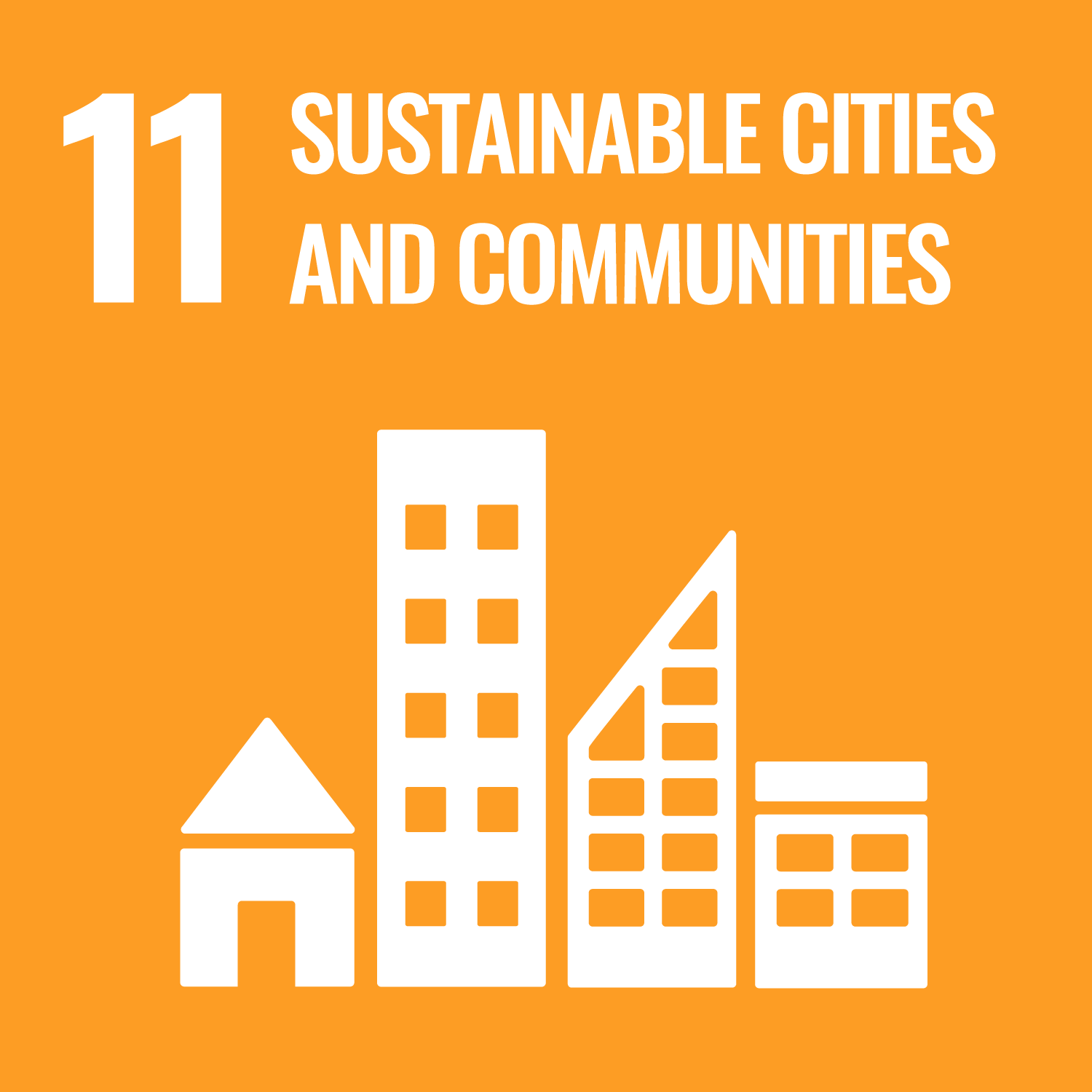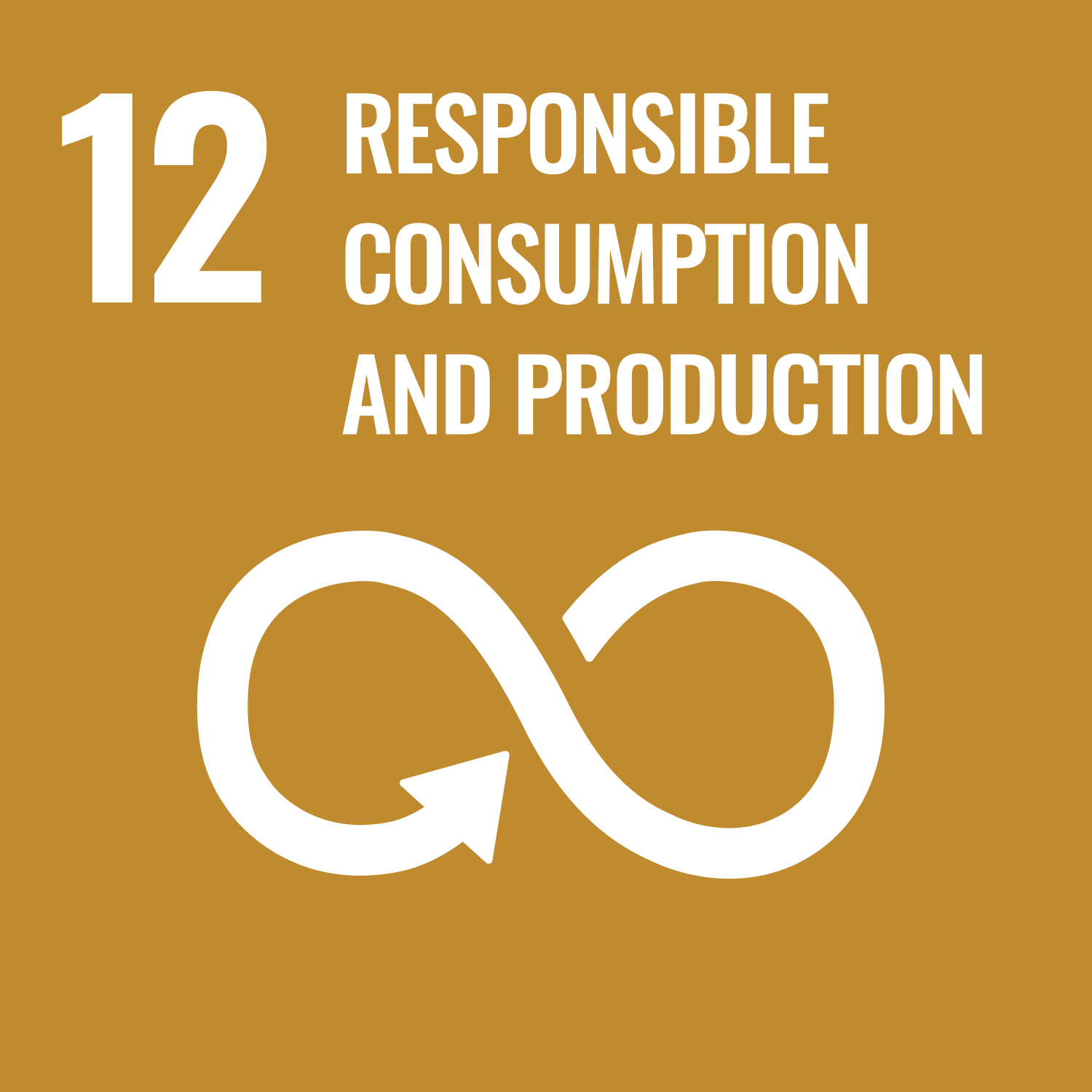ORCID
- Richard C. Thompson: 0000-0003-2262-6621
Abstract
Plastic pollution is a pervasive and growing problem. To estimate the effectiveness of interventions to reduce plastic pollution, we modeled stocks and flows of municipal solid waste and four sources of microplastics through the global plastic system for five scenarios between 2016 and 2040. Implementing all feasible interventions reduced plastic pollution by 40% from 2016 rates and 78% relative to “business as usual” in 2040. Even with immediate and concerted action, 710 million metric tons of plastic waste cumulatively entered aquatic and terrestrial ecosystems. To avoid a massive build-up of plastic in the environment, coordinated global action is urgently needed to reduce plastic consumption; increase rates of reuse, waste collection, and recycling; expand safe disposal systems; and accelerate innovation in the plastic value chain.
DOI Link
Publication Date
2020-09-18
Publication Title
Science
Volume
369
Issue
6510
ISSN
0036-8075
Acceptance Date
2020-07-02
Embargo Period
2020-12-24
First Page
1455
Last Page
1461
Recommended Citation
Lau, W., Shiran, Y., Bailey, R., Cook, E., Stuchtey, M., Koskella, J., Velis, C., Godfrey, L., Boucher, J., Murphy, M., Thompson, R., Jankowska, E., Castillo, A., Pilditch, T., Dixon, B., Koerselman, L., Kosior, E., Favoino, E., Gutberlet, J., Baulch, S., Atreya, M., Fischer, D., He, K., Petit, M., Sumaila, U., Neil, E., Bernhofen, M., Lawrence, K., & Palardy, J. (2020) 'Evaluating scenarios toward zero plastic pollution', Science, 369(6510), pp. 1455-1461. Available at: 10.1126/science.aba9475




